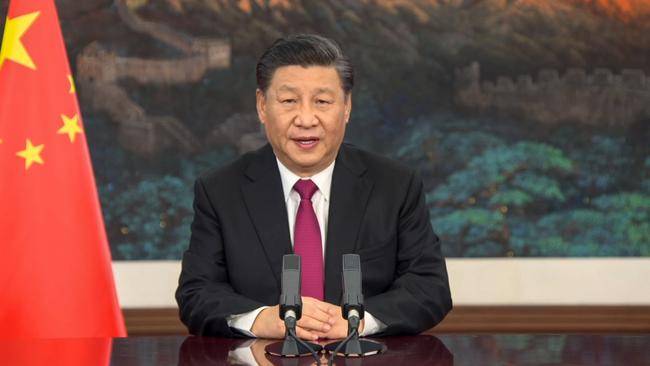
Having established its military position in the South China Sea and advanced in its subjugation of Hong Kong, President Xi Jinping is turning to China’s longest unfinished business originating in the communist revolution. His January 2019 pledge on Taiwan echoed the message of seven decades: “Reunification is the historical trend and it is the right path.”
In that speech Xi called Taiwan’s independence “a dead-end road”, warned that China would tolerate “no external interference” and left open the ultimate option, saying: “We make no promise to renounce the use of force and reserve the option of taking all necessary means.”
The world is put on notice. Ten days ago Defence Ministry spokesman Wu Qian said Beijing’s recent military activities against Taiwan were “a solemn response to external interference and provocations by Taiwan independence forces”. He said: “We warn those ‘Taiwan independence’ elements — those who play with fire will burn themselves and Taiwan independence means war.”
Defence ministries in the region have war-gamed different invasion scenarios, with Beijing cyber attacks to knock out Taiwan’s communications followed by air assault and a People’s Liberation Army invasion. The US would face a double bind — if it declined to defend Taiwan its status as a Pacific power would be ruined but if it fought and lost the damage would be worse. For Australia, either event potentially would constitute our most important strategic setback since the fall of Singapore.
Yet such a scenario seems to underestimate Xi. He is aggressive but cunning, a risk-taker but a calculated risk-taker. While Beijing sees the US as a hegemon in relative decline whose willpower is weakened by internal rupture, it would be folly to provoke a military conflict with America at this point.
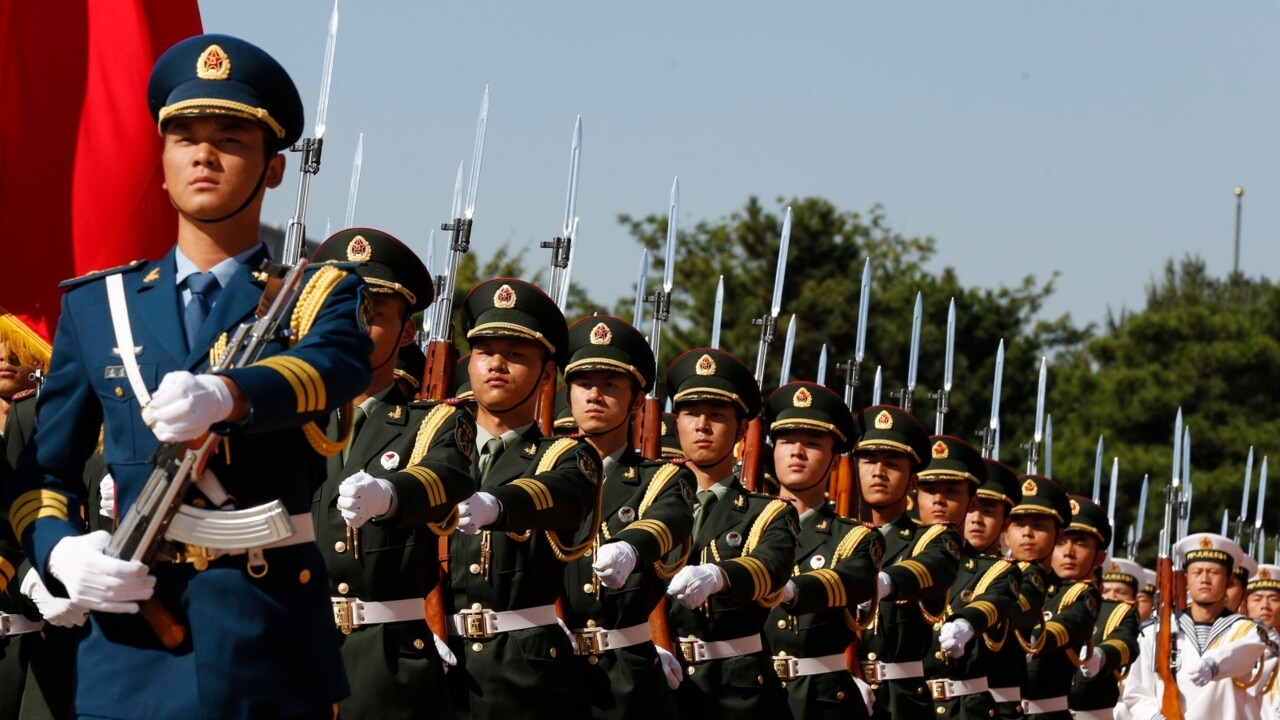
A more sophisticated scenario, in keeping with Xi’s character, was outlined this week by Linda Jakobson, founding director of China Matters, whose thesis was that Xi would shun a conventional invasion but launch a “step-by-step coercion of Taiwan — the use of ‘all means short of war’ — to destabilise Taiwanese society and force it to accept unification talks”. The technique would be to ensure no single step along the pathway would provoke or justify US military action.
This is Xi’s modus operandi. It is how he outsmarted the Obama administration on the South China Sea. On Hong Kong he has used legal cover — getting China’s National People’s Congress to impose a national security law on Hong Kong described by Rowan Callick in this newspaper as “more a takeover of institutions than a mere piece of legislation”. The upshot is a log of new crimes, an assault on the city’s freedom, political rights and judiciary along with the arbitrary arrests. This is Xi’s method to destroy Hong Kong’s autonomy.
Last month, in Xi’s Davos speech — one of the most insidious documents of the age — he defended economic globalisation, promoted China as the constructive global power, supported inclusion and sustainability, rejected the cutting off of capital and trade, and said no country should impose its own development path on others.
This man is too smart for an invasion — at least so far. Xi is a sophisticated rhetorician against whom Donald Trump was a selfish, stumbling, strategically inept rival. Xi, backed by China’s financial power, has embarked on a strategy of global seduction to defuse critics of his expansion of Beijing’s authoritarianism.
Don’t think his seduction won’t work. Xi detects the weakness at the heart of the West, from Brussels to Wellington. He knows progressive leaders will talk loud, complain about human rights abuse, invoke the rule of law but buckle before China’s assertion.
As long as Taiwan remains separate, China is an incomplete power, living an existence it declares to be intolerable. Seeing himself as a figure of destiny Xi will move on Taiwan, somehow, someway. Outlining her thesis of “all means short of war”, Jakobson said: “The United States and others in the region, including Australia, would find it extremely difficult to counter these moves. No individual action by the PRC would warrant a military response but collectively they could allow Beijing to achieve its aims.
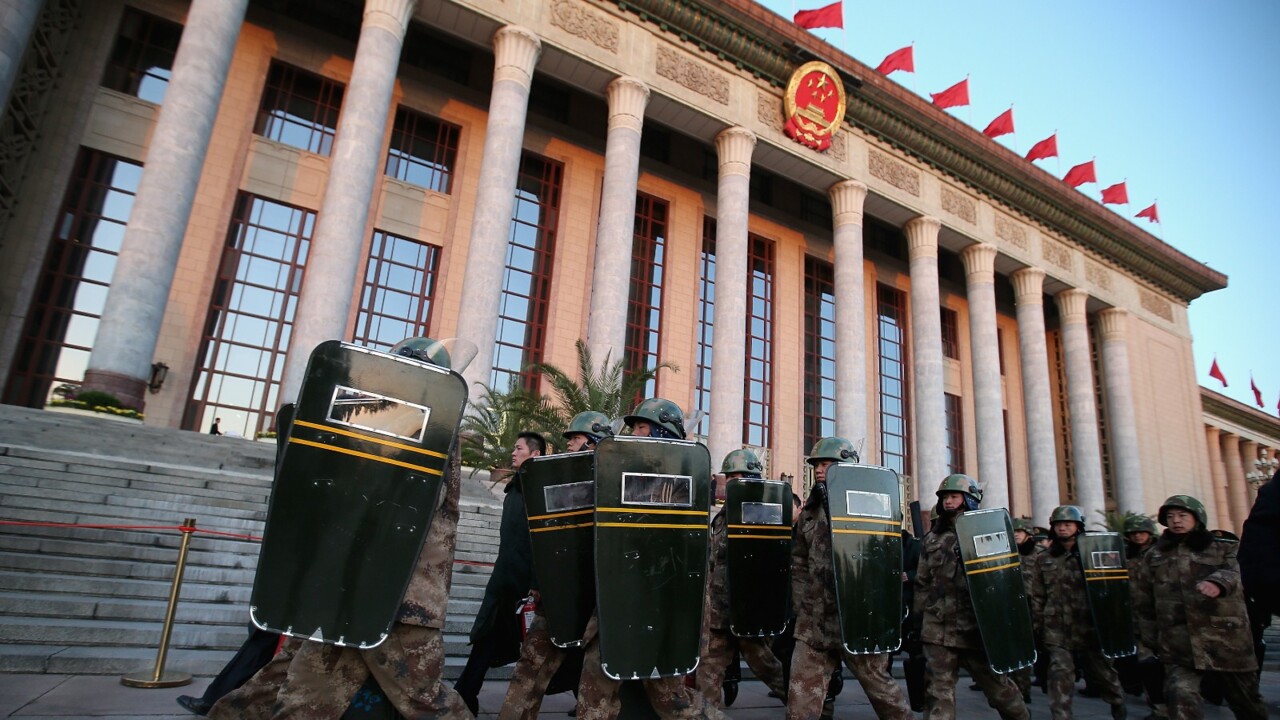
“In an attempt to break the will of Taiwan, Beijing could adopt an aggressive mix of new technologies and conventional methods to apply pressure.” This could include embargoes, intimidating Taiwan investors, cutting air routes into PRC cities, threatening international airlines, undermining Taiwan’s stockmarket, cyber attacks on the electricity, finance and telecommunications sectors, sending military aircraft over Taiwan forcing Taiwan to decide between acquiescence and triggering military action, even encouraging PRC unarmed fishermen to cross the strait on a “mission of friendship”.
Any activity Beijing undertakes will come with the relentless message to the world: we have been provoked, this is our internal business, don’t interfere. Beijing’s aim would be to force Taiwan to agree to unification talks. “Talks could take years,” Jakobson said. “But Xi would be lauded for bringing the nation closer to the “China Dream”. If talks begin Beijing would generate a sense of the inevitable outcome.
But Xi’s options are not mutually exclusive. Every sign suggests his central plan is to achieve military ascendancy in the Taiwan Strait to the point where US military chiefs must advise their President it is unlikely the US could prevail in a conflict over Taiwan. Once this is established a direct military option is far more viable — but still not necessarily likely. The damage to China from military invasion would be massive, yet military ascendancy only invests the “all means short of war” solution as even more potent and persuasive.
In his opening foreign policy speech President Joe Biden promised to counter “China’s aggressive coercive actions”. But Biden’s political position is fragile. He hardly wants to launch his administration into a potential military situation against China with Trump ready to resort to gloating denunciation.
Biden’s national security adviser, Jake Sullivan — in a 2020 co-authored article with Hal Brands from Johns Hopkins University — said the subjugation of Taiwan “would up-end the regional balance of power overnight and call the rest of America’s commitments in the Western Pacific into question”.
Australia’s strategic position and its internal politics would be transformed. Jakobson’s main recommendation is that the Australian government must factor into its thinking how to prepare for a Beijing “all means short of war” tactic, a tactic that might start in the next few years.
Australia would have no option but, aligned with the US, to take a strong stand against such Chinese coercion. What would that mean? It would guarantee a further deterioration in relations with Beijing, more punitive retaliation from China and more tensions between our strategic and economic needs.



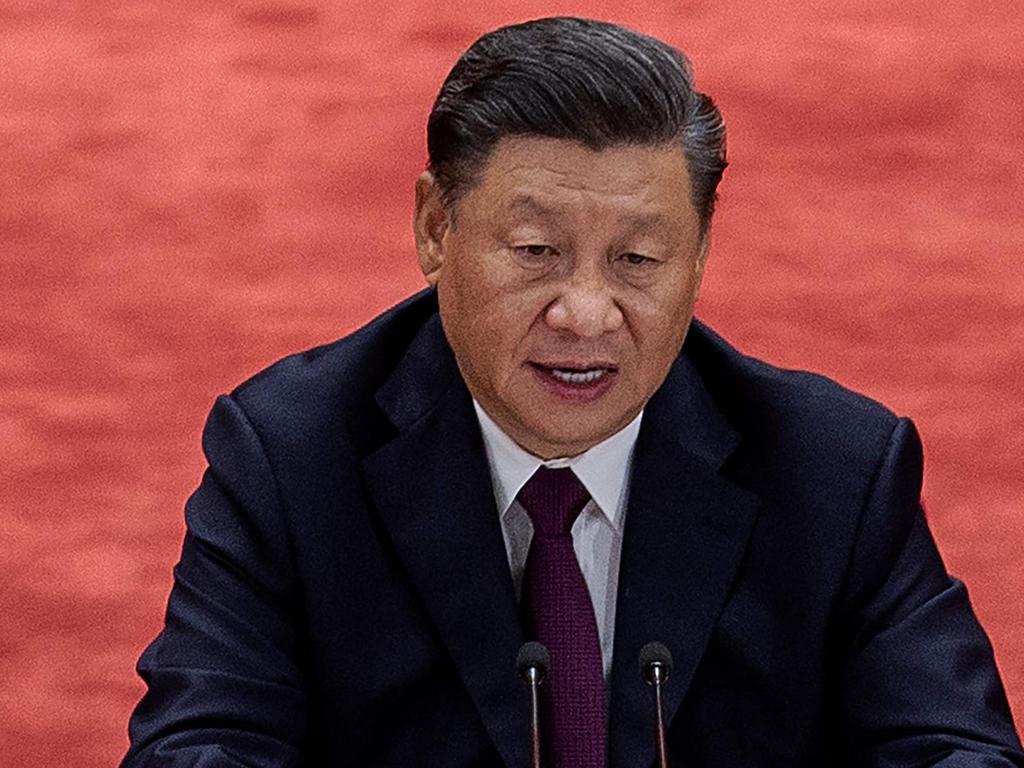
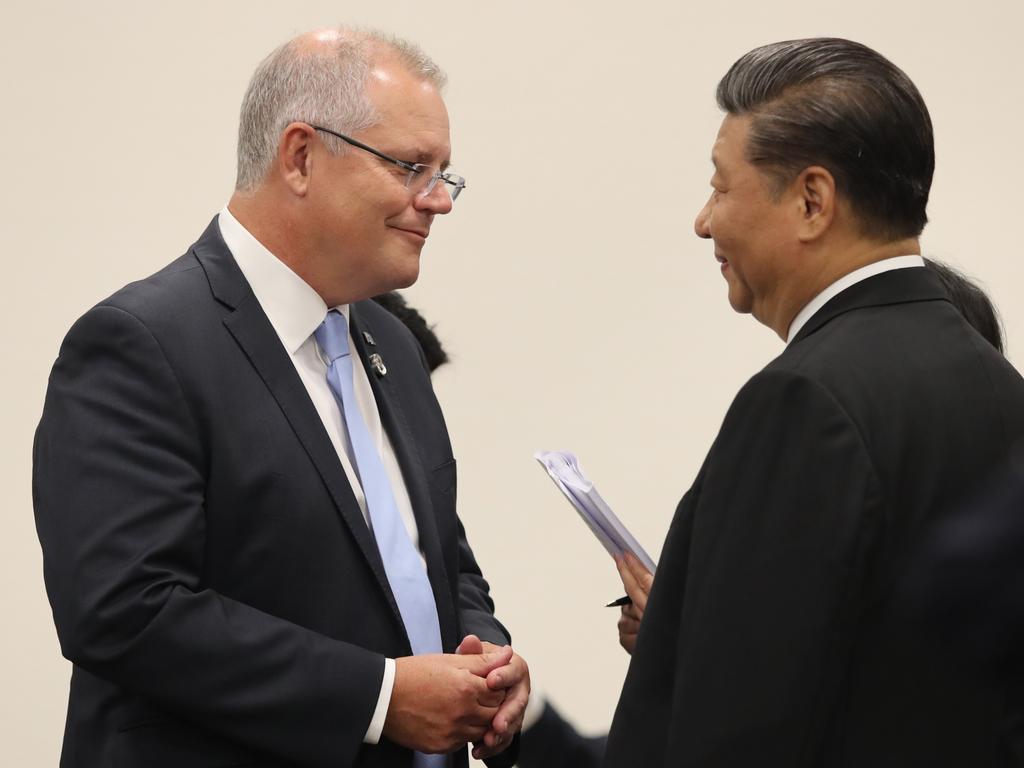
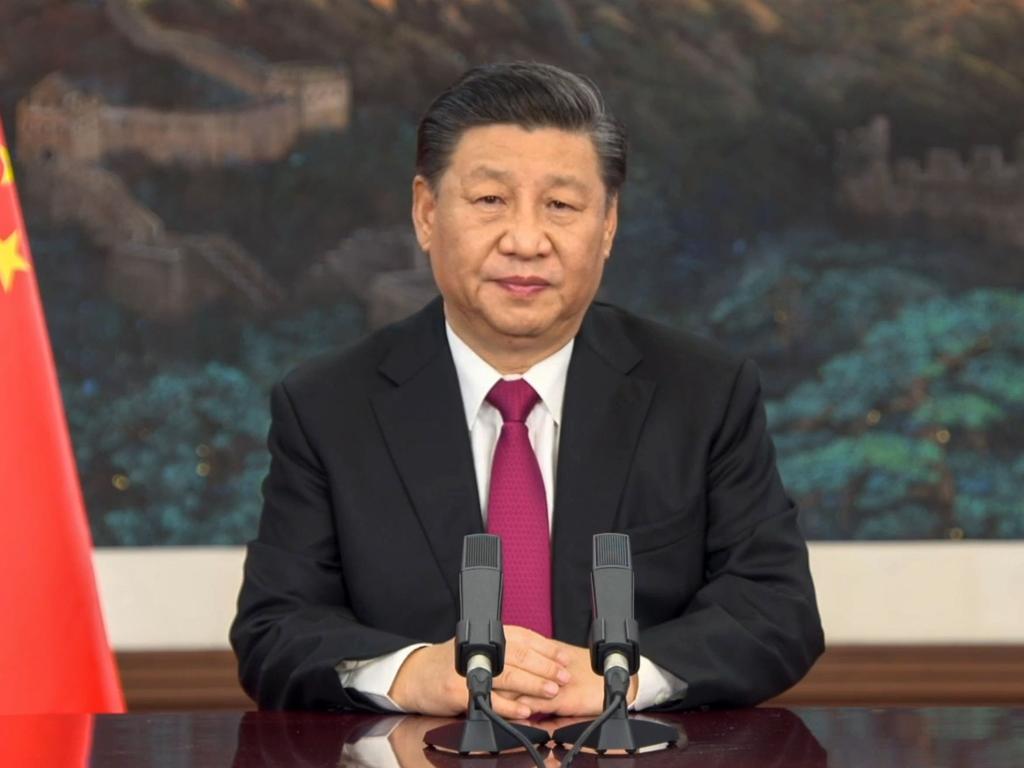


The debate on how Australia’s best manages Beijing’s trade assault soon may be superseded by a far more serious fate — Australia as a test case for how America’s regional allies react as China escalates its pursuit of unification with Taiwan.